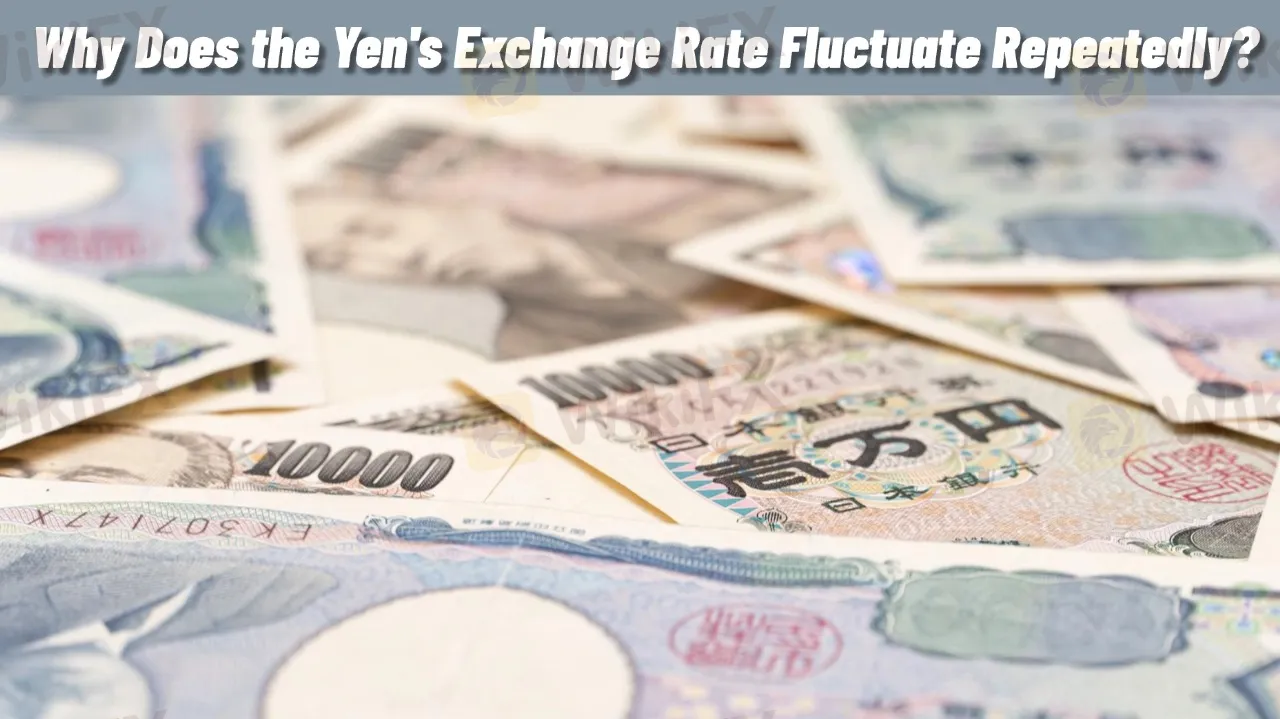简体中文
繁體中文
English
Pусский
日本語
ภาษาไทย
Tiếng Việt
Bahasa Indonesia
Español
हिन्दी
Filippiiniläinen
Français
Deutsch
Português
Türkçe
한국어
العربية
Why Does the Yen's Exchange Rate Fluctuate Repeatedly?
Abstract:JPY Exchange Rate Fluctuations: How Should Investors Respond?

Recently, the Japanese yen has experienced continuous fluctuations, briefly depreciating to around 151 yen per U.S. dollar on March 25. Shifting market expectations regarding U.S. trade policies have led to an unclear direction for the yen‘s movement. Although some tariff measures have been eased, market sentiment remains cautious, causing repeated short-term volatility in the yen’s value.
The yen's instability stems from multiple complex factors. First, U.S. trade policies may simultaneously drive inflation and curb economic growth, leading to fluctuating expectations for the U.S. dollar. Second, the monetary policies of the Bank of Japan and the Federal Reserve remain uncertain—while the BOJ may consider rate hikes, the Fed faces potential rate cuts. Changes in interest rate differentials significantly impact market trading strategies. Additionally, speculative capital moves rapidly in and out of the market, amplifying short-term fluctuations and making it difficult for the yen to establish a stable trend.
How Can Investors Navigate Market Volatility?
Amid sharp exchange rate fluctuations, investors should closely monitor interest rate policies in both Japan and the U.S. and adjust their trading strategies based on market expectations. In uncertain conditions, short-term traders can capitalize on price swings, while long-term investors should carefully time their entries to avoid excessive exposure during periods of heightened market sentiment. Additionally, prudent risk management is essential to prevent unnecessary losses from sudden market shifts.

Disclaimer:
The views in this article only represent the author's personal views, and do not constitute investment advice on this platform. This platform does not guarantee the accuracy, completeness and timeliness of the information in the article, and will not be liable for any loss caused by the use of or reliance on the information in the article.
Read more

CySEC issued warning over 10 Unlicensed firms
The Cyprus Securities and Exchange Commission (CySEC) has issued a warning against over 10 investment firms operating without proper authorization. These firms are not licensed to provide financial services and may pose serious risks to investors. CySEC advises the public to avoid dealing with unregulated entities

Know the Red Flags before Investing in Primarkets
Knowing the red flags of FX Broker is the most important act while you are thinking to invest your money in the Forex market and are enthusiastic about Forex trading.

Never Invest in These 5 "No License”- Scam brokers
These are scam brokers operating without licenses. Therefore, it becomes risky to trust these brokers for Forex trading. These brokers will most probably swindle your money and make you penniless. To avoid this situation, check out the list below carefully. This is the warning list issued by the Financial Conduct Authority (FCA).

Interactive Brokers Update
Interactive Brokers has introduced an exciting feature to its client portal
WikiFX Broker
Latest News
XTB Hack 2025: Major Security Breach Exposes Client Accounts
These are America's 10 weakest state economies most at risk in a recession
These are America's 10 strongest state economies best prepared for a recession
Federal Reserve quietly responds to Trump administration attacks over renovation
Tariff Windfall Drives Surprise $27 Billion US Budget Surplus In June
Top Wall Street analysts are upbeat about these dividend-paying stocks
Singapore's economy grows 4.3% in second quarter, beating expectations
What WikiFX Found When It Looked Into Emar Markets
MT4 vs MT5 Which Forex Trading Platform Fits Your Needs in 2025?
Stock futures slide on more Trump tariff letters, but are off worst levels of session: Live updates
Currency Calculator


